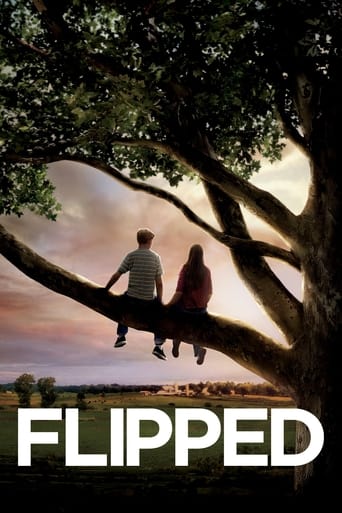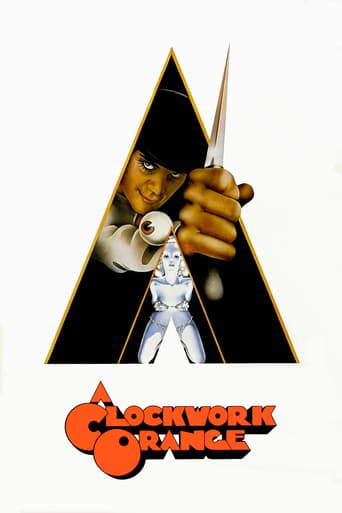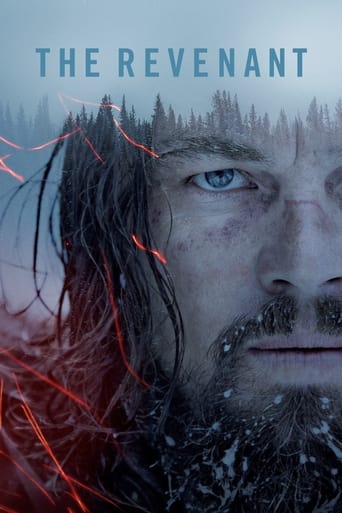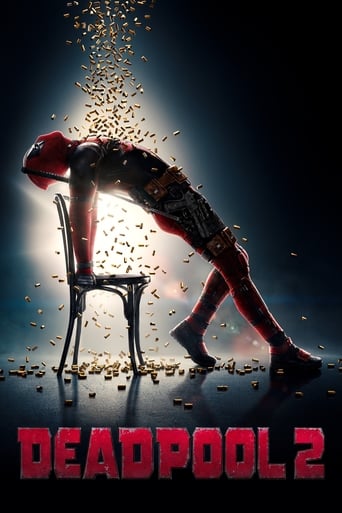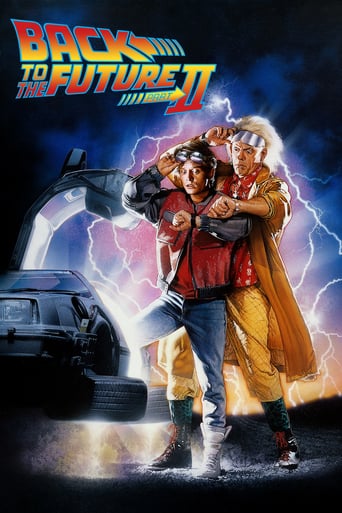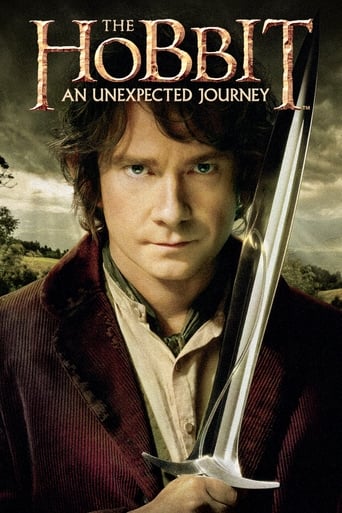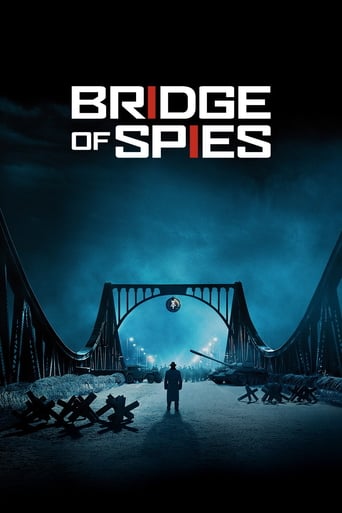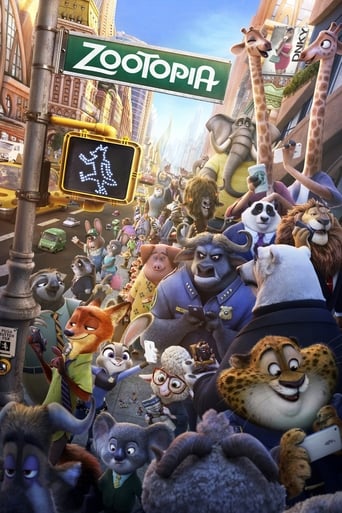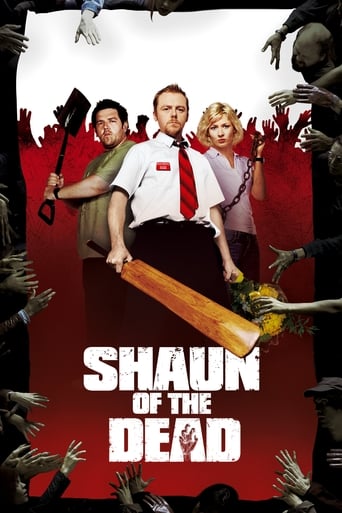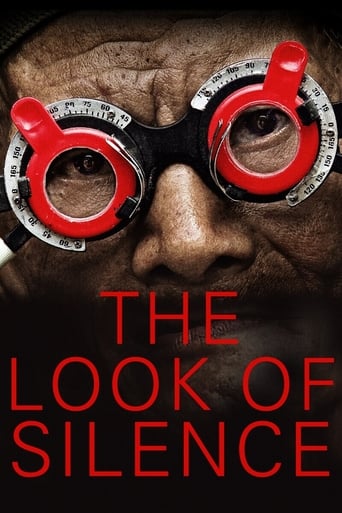


The Look of Silence
An optician grapples with the Indonesian mass killings of 1965-1966, during which his older brother was exterminated.
-
- Cast:
- Joshua Oppenheimer


Similar titles

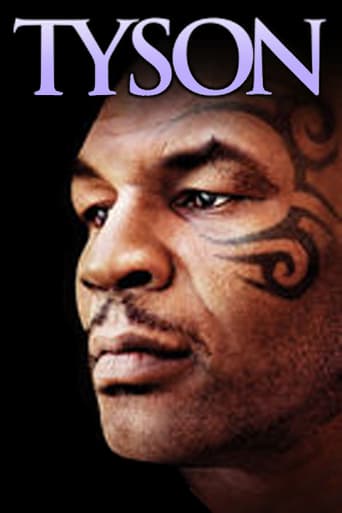
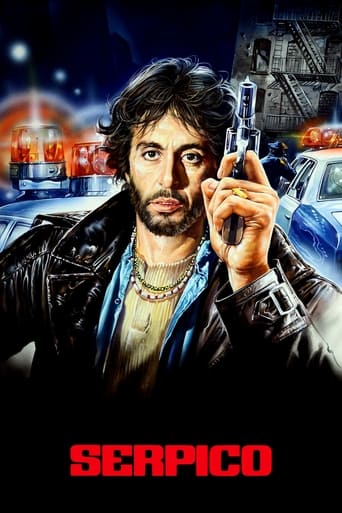
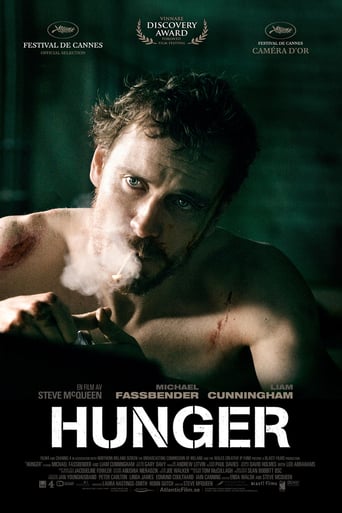
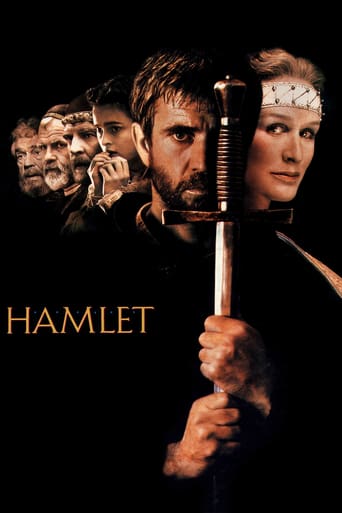

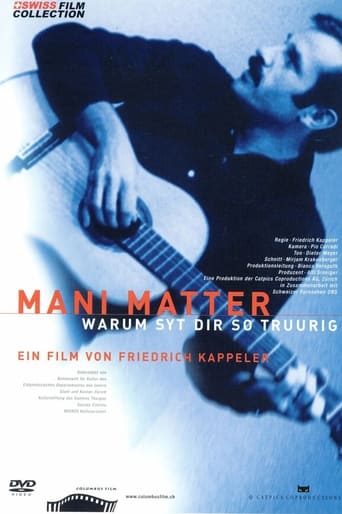

Reviews
Bad Acting and worse Bad Screenplay
It's entirely possible that sending the audience out feeling lousy was intentional
The film creates a perfect balance between action and depth of basic needs, in the midst of an infertile atmosphere.
Like the great film, it's made with a great deal of visible affection both in front of and behind the camera.
The Look of Silence is such a brilliant title for this movie. For one, it's a good description of Adi's reaction when hearing about the murder of his brother. (And it's oddly fitting that he is an optometrist). It's also a description of the response they get from the perpetrators, refusing to show any guilt or remorse, preferring to pretend that it never happened. And that seems to be what Oppenheimer is tapping into in Indonesia, the look of silence, and what really lies behind it.This is definitely a companion piece to the previous "Act of Killing". Not because it does not stand on its own, which it does, but because they stand so much stronger together. Each documentary has an unique perspective on some mutual themes. Especially guilt and remorse.It's amazing how it all comes together in a movie like this. Oppenheimer must have done a lot of work for this. Adi is such a good subject for a documentary like this, and having him being willing to explore this dark side of his nation's history, and openly talk to the people who brutally murdered his brother - it's such an unique way to explore all of this. And Adi does a really good job with it all.
A fantastic companion piece to The Act of Killing, one of the most deeply disturbing films I've ever seen. But it's not fair to call it a continuation of that film, and what this is revolved around is inherently interesting and riveting in itself. "I knew nothing about it"... the whole film can be summarized in those few words. the film is infuriating in some of the same ways The Act of Killing was, but less so by the mere fact that it's less concentrated on the individuals who committed those acts. And because it concentrates on the family of a victim, it's heartfelt in a way it's sibling film wasn't. Fantastic, thought-provoking, discomforting in the ideas and questions that it touches upon.
With just two films to his name, both about the Indonesian mass-murders of the mid-1960's Oppenheimer has become the most important documentarian of his generation. His second film, "The Look of Silence", coupled with his "The Act of Killing" has created a sea- change in the Indonesian truth, justice and reconciliation movement. Forcing new laws to be written and putting the government in a defensive position against the nation's media.But Oppenheimer is more than an activist. He's an artist. His films are contemplative, playful and quietly confrontational. His visual attack is succinct, his marriage of form and theme is flawless and his moral intent is thunderous.Where "Act of Killing" was concerned with a larger study of post-massacre Indonesia, "Look of Silence" chooses a more intimate landscape. Geographically, emotionally and cinematically it is regional. Concerned with a single killing, the men who did it – directly and indirectly - the family it affected and the small village that has lived with questions about other killings like it for fifty years. Where "Act of Killing" lived in absurdist grand cinema, "Look of Silence" exists in tight close-ups of the perpetrators, survivors and truth-seekers. More than anything, more than words, their faces tell the story. So much happens behind the eyes, around the corners of the mouth, in unspoken glances. The horror, doubt, guilt and seemingly impossible reconciliation stirs below the surface. For all the cinematic flex of "Act of Killing", this contained take on the same material, seems more haunted and human.The star of the film, Adi the eyewear peddler, pursues this mission with intelligence and courage. We meet his family. His happy playful daughter, his thoughtful son, his cautious loving wife, his ageless mother (probably the most engaging character captured on film this year), his wisp of an ancient father, and his memory of a murdered brother, looming over everything. From them he finds the courage to question murderer after murderer face-to-face. The combination of his profession as an optometrist with his quest to seek truth would seem heavy-handed if it were fiction, but nothing here is inauthentic. In showing all of Adi's family, from the fresh and young, to the spent and dying, we see the full arc of life.Lastly, the film makes a glancing but firm indictment against the American anti-Communist fervor that fed into - and the American corporations that profited from - these killings. It gives strong evidence that the Cold War, the war of ideology and the murder of millions, allowed for, and was even fought for, Western corporate dominance in places like this. And here the grinding up of human beings for profit in this situation is undeniable. Oppenheimer wants to make sure no one involved gets off without having to face, if not their own role in the massacre of millions, then at the very least, their culture's.And so it goes, the people (wives, mothers, daughters, sons, fathers, husbands), the silence, the haunted jungle hum that fills most of the auditory space in the film, the great and overwhelming significance of it all everything pools together to show us something words alone can't manage. Something about how a horror can be so great that its impact can loom over generations. About living with debilitating fear of those who have claimed power over you through violence. About the most nightmarish tendencies in humanity, and our courageous capacity to overcome the worst of ourselves. About just how difficult it is to look into the eyes of a killer and say, "I know what you did." And more profoundly, more frighteningly "I know you."
"The Look of Silence" is a companion piece to Joshua Oppenheimer's previous film "The Act of Killing". Both films deal with the mass murder of communists in Indonesia between 1965 and 1966 - a serious crime resulting in the deaths of over a million innocent people by the hands of hired militia sanctioned by the government, but has gone unnoticed in the public eye for so long because the perpetrators are still at large, hailed as national heroes for stopping a revolution and in positions of power in government for over fifty years, living peacefully among the families of those they murdered."Act of Killing" is more audacious in style, following three killers as they recreate their murders for film in any genre they want (gangster flick, musical, etc.) - all the while they're boastful of their accomplishments, without any remorse or regret for their actions.'This film follows Adi Rukun, an optometrist who's brother was murdered in the genocide. We see him confronting death squad leaders and those who knew his brother, looking for some sort of understanding and possibly reconciliation for his murder. There are also domestic scenes with his mother and father, as well as with his wife and family. Life plays out happily before our eyes, but beneath it there are still painful reminders of the past when Adi talks about his brother with his mother, or when he tells his wife what he's been up to, talking with these killers they know. She says she would have stopped him if she knew, that his life could be in danger if he keeps digging up the past instead of forgetting. This gives the interviews a very real sense of tension, and you wonder if such a film could be made if it weren't for the involvement of outsiders who could be there with Adi.Still, Adi puts up a strong front, asking why they did what they did. The answer's usually the same, they deny individual responsibility, or say that it was necessary. Sometimes their answers are disturbing, saying that they drank the blood of their victims to stay sane. Family members of the now-deceased murderer of his brother deny knowing anything about their father's work. In a very affecting scene, Adi's uncle, a prison guard in the army says he was unaware what happened to the detained after they were shipped off onto trucks each day. He's trying to keep up a strong resolve, but you can see the pain in his face when he talks about the past.This film director chooses not to intrude on the telling of the stories with narration, but instead lets the interviewees tell their version of events, leaving pregnant pauses between answers to linger on their faces, which often tell more than spoken words ever could.It's a very quite, slow film, but I found it hypnotic and a damning portrait of a country's silence after horrendous acts were committed. Adi gives a voice to the families of many victims, and both films should be watched by everyone to get a better understanding of the depths humanity can sink to, and how a nation struggles to cope with long dormant pain after government sanctioned genocide.


